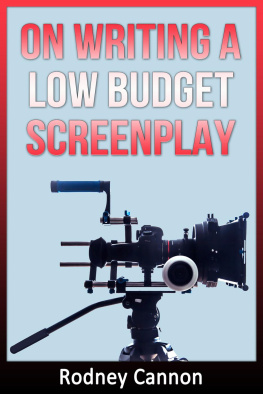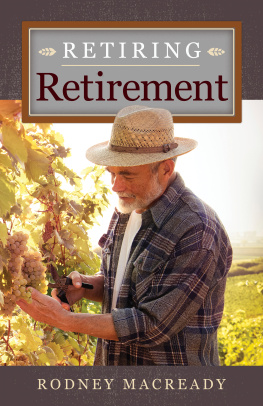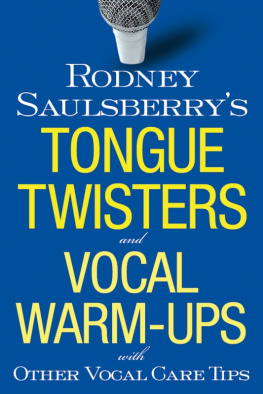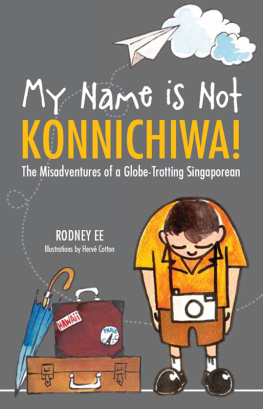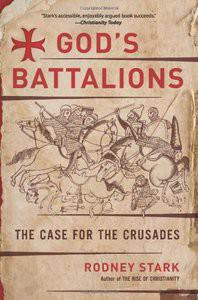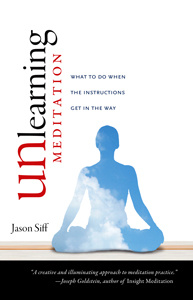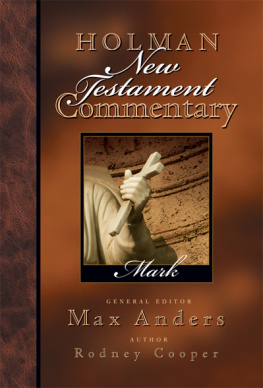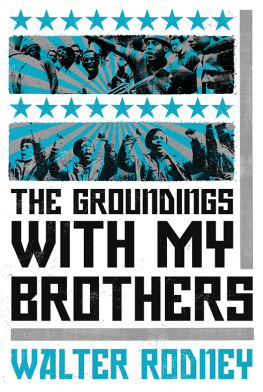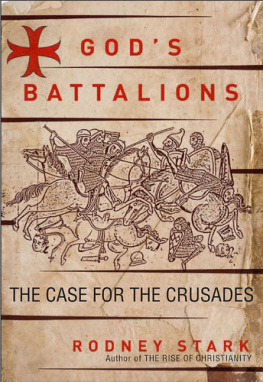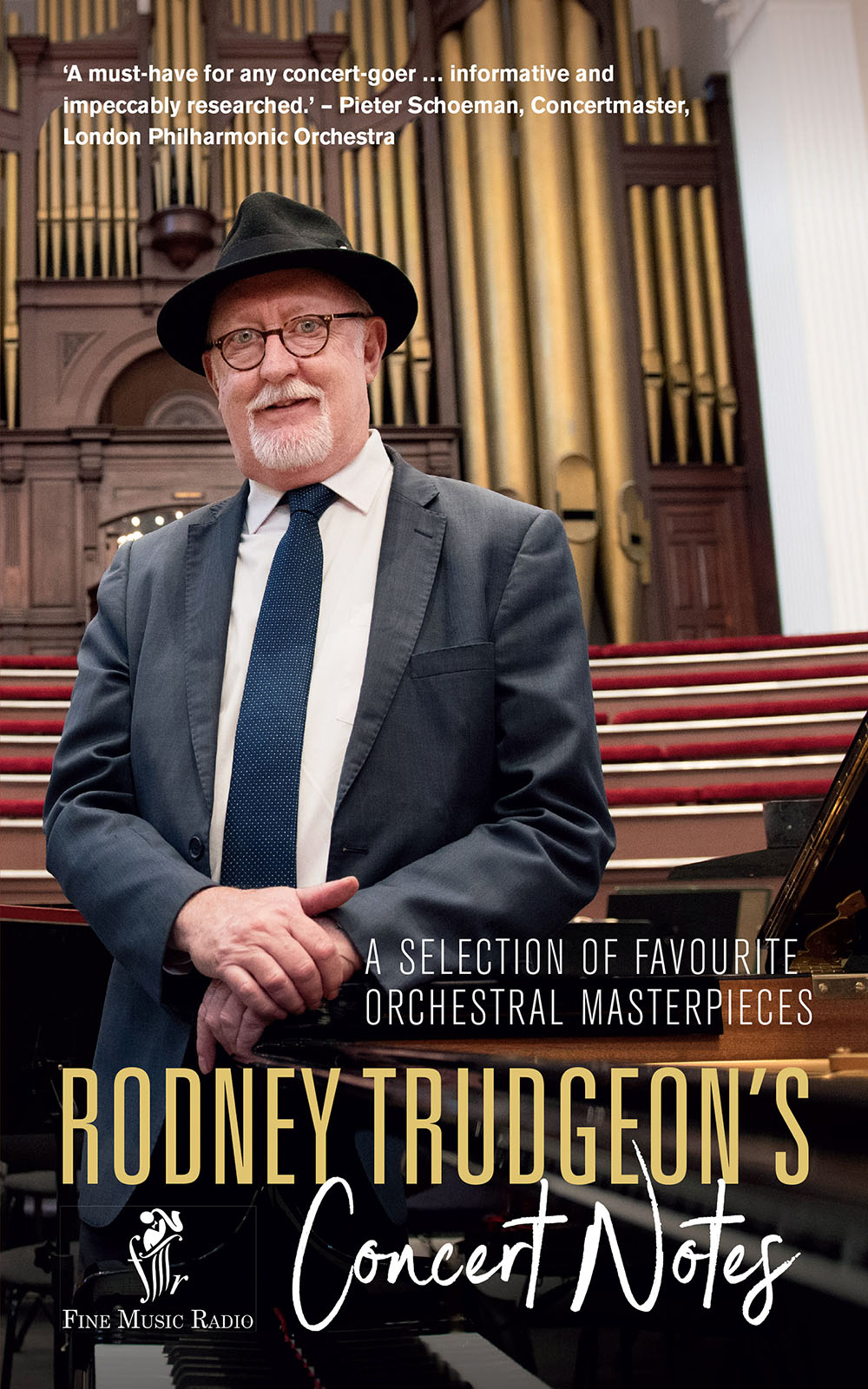Rodney Trudgeon and I have worked together for many years, first at the SABC and more recently at Classic 1027 and Fine Music Radio.
Rodney and I became friends when I discovered his passion for symphonic music, his encyclopedic knowledge of orchestral repertoire, and his keen interest in the subtle nuances that different conductors bring to their performances, making those performances as idiosyncratic and unique as the performers themselves.
In the 1990s, when the National Symphony Orchestra, of which I was music director, needed someone knowledgeable, articulate and engaging to present pre-concert talks and write explanatory notes for its printed programmes, Rodney was the obvious choice and so began our long association, which continues to this day.
One of the products of this association was a series of joint talks by Rodney and me on conductors and their foibles entitled Conduct Unbecoming: the many anecdotes connected with this exclusive and often eccentric group of musicians provided us with a wealth of material.
Rodneys vast knowledge and enormous store of anecdotal gems, as encapsulated in this book, will prove a treasure trove for music lover and professional musician alike. My hope is that it will help readers understand, and thus enjoy all the more, the wonderful world of classical music.
INTRODUCTION

How sweet the moonlight sleeps upon this bank!
Here will we sit and let the sounds of music
Creep in our ears: soft stillness and the night
Become the touches of sweet harmony.
The man that hath no music in himself,
Nor is not moved with concord of sweet sounds,
Is fit for treasons, stratagems and spoils;
The motions of his spirit are dull as night
And his affections dark as Erebus:
Let no such man be trusted. Mark the music.
(Shakespeare: The Merchant of Venice , Act V, scene i)
This has always been my favourite quotation from Shakespeare. Curiously, I came to Shakespeare via the great musical classics. When I was in what used to be called Standard 6, a teacher decided to put on a production of Macbeth and used Beethovens Egmont Overture to introduce the play. It worked magnificently, and captured all the tragedy and mystique of what remains my favourite Shakespeare play. Then I was exposed to the excitement and passion of Tchaikovskys Romeo and Juliet fantasy overture and the magical music Mendelssohn wrote for A Midsummer Nights Dream . How could I resist?
But, having said that, I grew also to love music that was perhaps more abstract music that was independent of poetry, literature, paintings or plays, impressive as the music inspired by those art forms often is. Hence my love of symphonic form and of the concerto, string quartet and sonata: music that lives on its own and which absorbs, inspires and moves us.
My first memories of music were courtesy of my maternal grandmother, who, in the 1950s, gave me a wind-up gramophone and a collection of 78s. These consisted mostly of Gilbert and Sullivan excerpts, but the first recording that truly captured my imagination I remember this so well was of the overture to Mozarts opera The Marriage of Figaro . I can even remember that the conductor was Rafael Kubelk. I played it over and over again. And then a priest friend of mine played me a recording of Beethovens Seventh Symphony. The effect on me at that early age was shattering: some years later, the first LP I bought was a recording of that symphony.
I desperately wanted to learn the piano, but my parents didnt have the money for a piano and piano lessons. However, my best friend at junior school at the time was learning the piano, so I used to stay with him after classes while he spent an hour or two practising on the school piano. I remember sitting on the floor near the piano and listening to him play Fr Elise by Beethoven and a minuet by Mozart, or a prelude by Bach and a sarabande by Handel. Such precious memories!
At this same school in what was then Natal, a new music teacher arrived and set about teaching us unruly boys Gilbert and Sullivan patter songs apparently to help our diction, but also because she loved the Savoy operas. Next thing I was singing I am a pirate king from The Pirates of Penzance and My object all sublime from The Mikado mostly in the bath at home. These songs complemented my modest collection of G&S on 78s.
When I moved up to high school, I joined the recorder group and learnt to read music. And the first thing I did on leaving school was to buy a flute and begin flute lessons. I worked feverishly at my new-found musical skills, and within five years was playing in occasional concerts with the erstwhile Durban Symphony Orchestra. My teacher, John Hinch, was the orchestras principal flautist, and he secured such opportunities for me. But even that wasnt enough. I joined the Durban Symphonic Choir, which performed regularly with the orchestra in big oratorios like Messiah and Verdis Requiem . I also joined the opera chorus at the Natal Performing Arts Council. My musical life was full, rewarding and thrilling.
At about this time, I began to realise that I would never make it as a professional, full-time musician. My interest in working at the SABC was aroused, and I joined the corporation as a sound engineer in 1976. Within four years I had been appointed as an announcer, which allowed me to combine my love of music with my love of language. Soon I found myself working with the broadcasting greats of the time Stephen OReilly, Paddy OByrne, Humphrey Gilbert, David Lloyd, Christopher Bennett all of whom helped groom me for my career as a broadcaster. Fortunately I am a keen listener, and I thirstily drank in everything they said and did: scriptwriting, studio production values, interviewing techniques, newsreading, and magazine programme production and presentation.
One of the most exciting events in my career as a young broadcaster was being asked by Christopher Bennett to stand in for him to present a symphony concert live from the City Hall in Johannesburg. The experience was exhilarating and nerve-racking. Soon I was presenting all the live concert broadcasts, and one day Richard Cock, then head of of the National Symphony Orchestra, suggested that I present some of the pre-concert talks. Before long, I was also writing programme notes for the concerts. When I moved to Cape Town in 2005 to join Fine Music Radio, I started writing programme notes for the Cape Philharmonic Orchestra and presenting their pre-concert talks. The result was the vast collection of concert notes that form the basis of this book.
Rodney Trudgeon
Cape Town
COMPOSERS AND THEIR WORKS
JOHANN SEBASTIAN BACH
(16851750)



